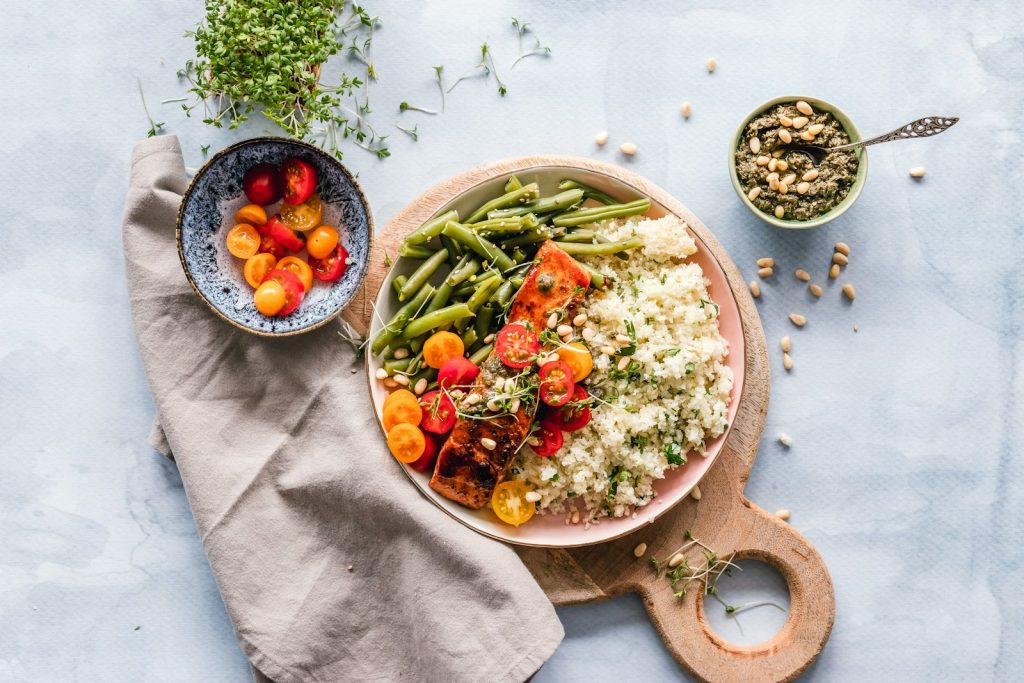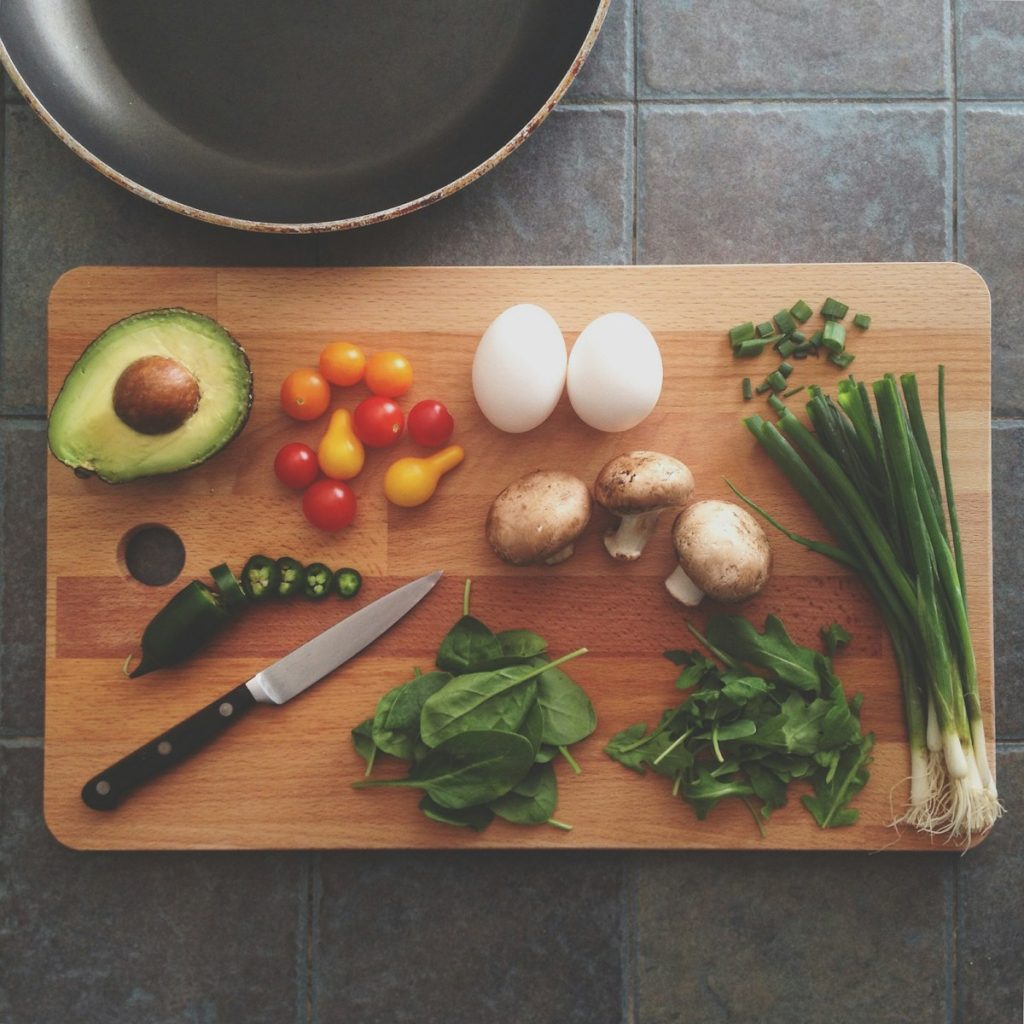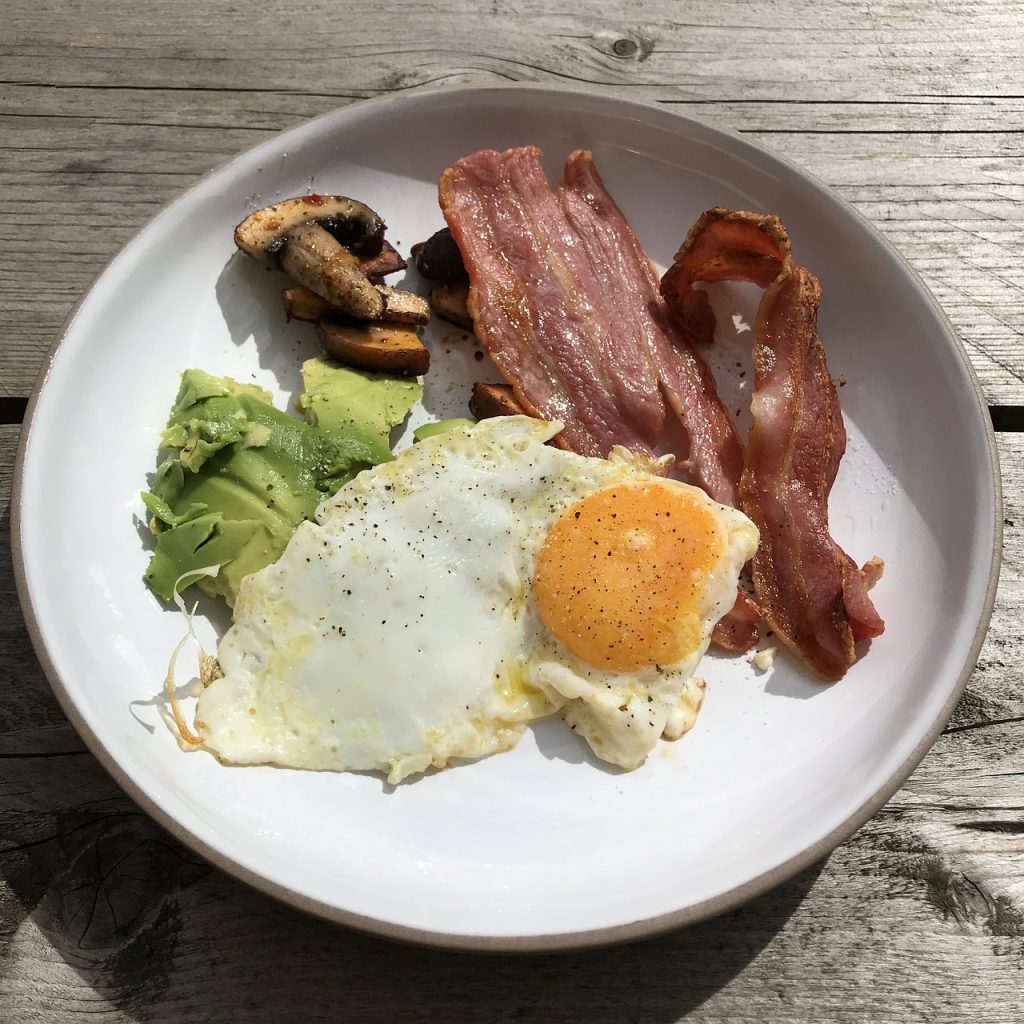Have you ever wondered why some people seem to have so much energy, a glowing face, and a healthy body? It’s not magic—it’s all about healthy eating habits.
Eating healthy doesn’t mean giving up your favorite foods or following a strict diet. Instead, it’s about making smart choices that fuel your body, boost your mood, and keep you feeling great. Small changes in your daily food habits can greatly impact your health over time.
In this article, we’ll explore 10 simple and effective healthy eating habits that can change your life for the better. Let’s get started!
1. Eat a Balanced Diet
A balanced diet means eating a variety of foods that give your body all the nutrients it needs. Imagine your plate as a colorful palette—each color represents a different vitamin or mineral that helps your body stay strong and healthy.
What Makes a Balanced Diet?
A healthy plate should have:
Fruits & Vegetables: At least half of your plate should be filled with these. They are rich in vitamins, fiber, and antioxidants.
Proteins: Chicken, fish, eggs, beans, or tofu provide the protein needed for muscle growth and repair.
Whole Grains: Brown rice, whole wheat bread, and oats give you energy and keep you full longer.
Healthy Fats: Nuts, seeds, olive oil, and avocados help keep your heart and brain healthy.
Pro Tip: Try to eat different colors of fruits and veggies every day—more colors mean more nutrients!
2. Prioritize Whole Foods
Whole foods are foods that are as close to their natural state as possible. They don’t have added sugars, preservatives, or artificial ingredients.
Whole Foods vs. Processed Foods
Whole Foods: Fresh fruits, vegetables, nuts, seeds, lean meats, and whole grains.
Processed Foods: Chips, soda, candy, frozen meals, and sugary cereals.
Why Choose Whole Foods?
- They are packed with vitamins, fiber, and antioxidants.
- They help you stay full longer.
- They reduce the risk of diseases like diabetes and heart problems.
Pro Tip: If your great-grandmother wouldn’t recognize it as food, it’s probably too processed!
3. Control Portion Sizes
Eating too much—even healthy food—can lead to weight gain and digestive problems. Controlling portion sizes helps you enjoy your food without overeating.
How to Manage Portions?
- Use a smaller plate to avoid taking too much food.
- Listen to your body—stop eating when you feel satisfied, not stuffed.
- Eat slowly, so your brain has time to recognize when you’re full.
Pro Tip: A portion of protein (like chicken or fish) should be about the size of your palm, and a serving of rice should fit in a small cup.
Stay Hydrated
Water is essential for digestion, circulation, and energy levels. Many people don’t drink enough water, leading to headaches, fatigue, and hunger cravings.
How Much Water Do You Need?
Aim for 8-10 glasses (2-3 liters) of water per day.
Tips to Stay Hydrated
- Carry a water bottle everywhere.
- Eat water-rich foods like watermelon, cucumbers, and oranges.
- Avoid sugary sodas and too much caffeine, which can dehydrate you.
Pro Tip: If you feel hungry, drink a glass of water first—you might just be thirsty!
5. Reduce Sugar and Processed Foods
Too much sugar can lead to weight gain, diabetes, and tiredness. Processed foods often contain hidden sugars that can harm your health over time.
How to Cut Back on Sugar?
- Choose fresh fruit instead of sugary snacks.
- Read food labels—if sugar is one of the first ingredients, it’s too much!
- Swap sugary drinks for water, herbal tea, or smoothies.
Pro Tip: The more sugar you eat, the more you crave it. Try cutting back slowly to reduce sugar addiction!
6. Eat Mindfully
Mindful eating means paying attention to what you eat and enjoying every bite.
How to Practice Mindful Eating?
- Eat without distractions (no TV, phone, or laptop).
- Take small bites and chew slowly.
- Recognize if you are eating because of hunger or boredom.
Pro Tip: The slower you eat, the less you’ll overeat!
7. Plan Your Meals
Planning meals helps you avoid unhealthy fast food and saves money.
Meal Planning Tips:
- Prepare meals in advance for busy days.
- Make a grocery list and stick to it.
- Cook in batches and store healthy meals in the fridge.
Pro Tip: Keep healthy snacks like nuts, fruits, or yogurt handy to avoid junk food temptations!
8. Don’t Skip Breakfast
Breakfast kick-starts your metabolism and brain function for the day.
Healthy Breakfast Ideas:
Scrambled eggs with whole wheat toast.
Oatmeal with fruits and nuts.
Greek yogurt with honey and seeds.
Pro Tip: Eating breakfast prevents you from feeling super hungry and overeating later in the day!
9. Snack Smartly
Snacking is not bad—but choose nutritious snacks instead of junk food.
Healthy Snack Ideas:
Almonds or walnuts.
Banana with peanut butter.
Carrot sticks with hummus.
Pro Tip: Keep unhealthy snacks out of sight to avoid temptation!
10. Practice Moderation, Not Deprivation
You don’t have to give up your favorite foods completely. The key is moderation.
How to Enjoy Treats Wisely?
- Follow the 80/20 rule—eat healthy 80% of the time and allow treats 20% of the time.
- If you crave something sweet, have a small portion instead of a whole dessert.
- Balance your meals—if you have a heavy lunch, go lighter for dinner.
Pro Tip: A little treat won’t hurt, but don’t let it become a habit!
FAQs
1. What is the healthiest food to eat daily?
Leafy greens, fruits, nuts, whole grains, and lean proteins are great daily choices.
2. Can I still eat junk food sometimes?
Yes! Just practice moderation and don’t overdo it.
3. How do I stop eating junk food?
Plan healthy meals, avoid buying junk food, and find healthy alternatives.
4. What is the best time to eat meals?
Eat every 3-4 hours to keep energy levels stable.
5. What’s the biggest mistake in healthy eating?
Skipping meals and not drinking enough water!
Conclusion
Healthy eating is not about perfection—it’s about making better choices every day. Start with small changes and stay consistent. Your body will thank you!


